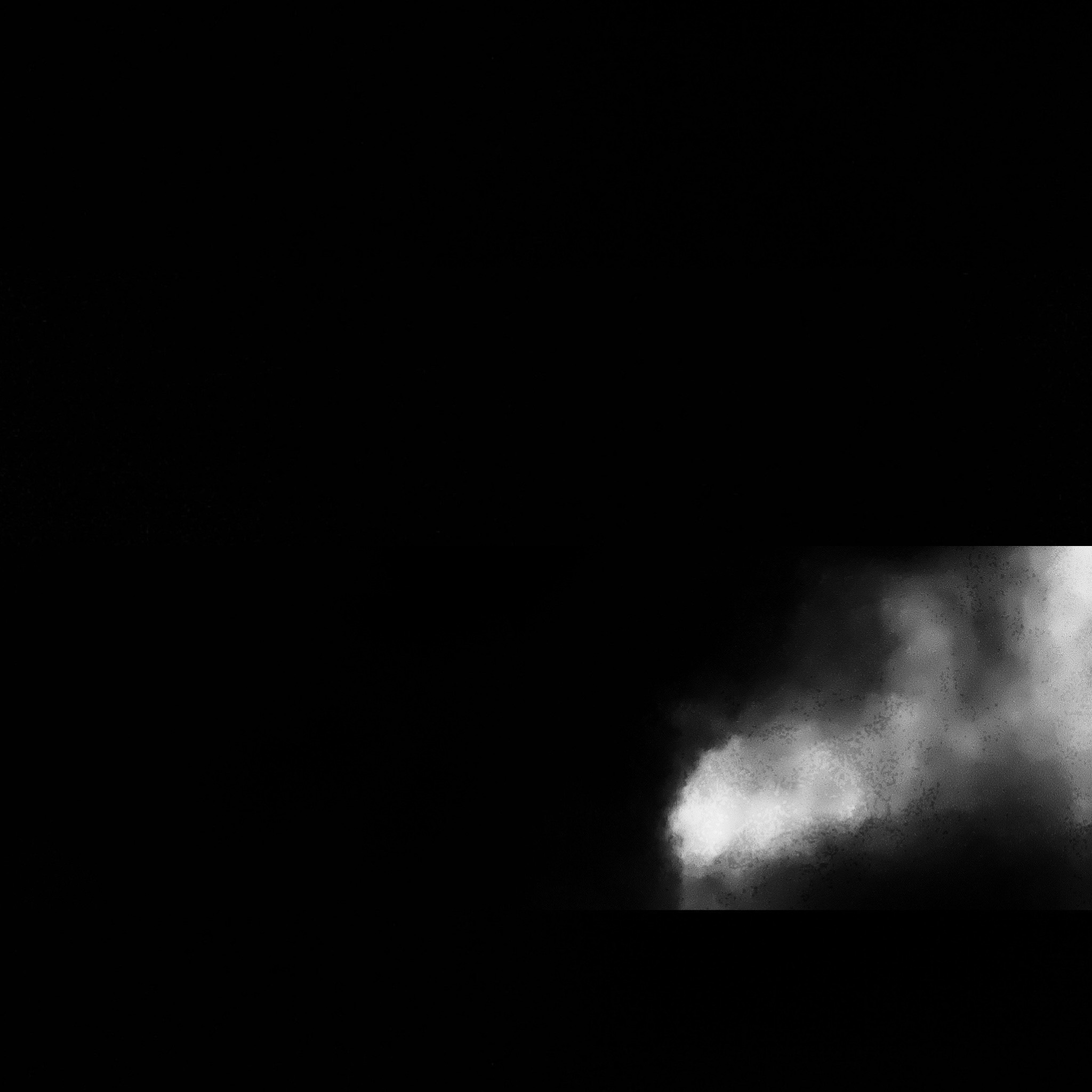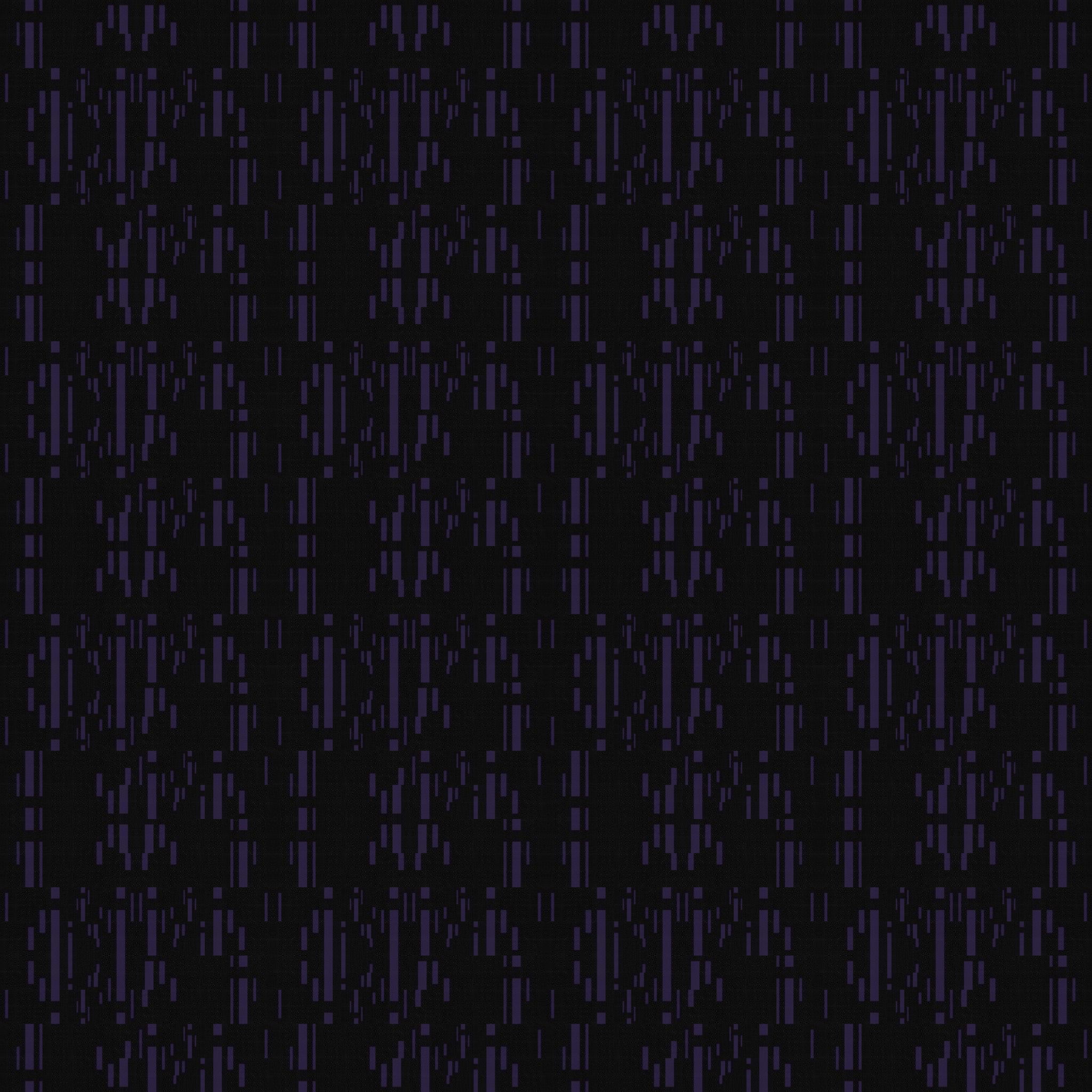
The promotion cycle is telling us it is time to be interested in nuclear weapons. That the topic is getting more attention due to the release of a film, rather than because of heightened risks posed by such weapons is a reflection of the general lack of seriousness that permeates our present condition. This is not a note about Oppenheimer , I have not seen it yet, there is no firm release date announced for Japan.









